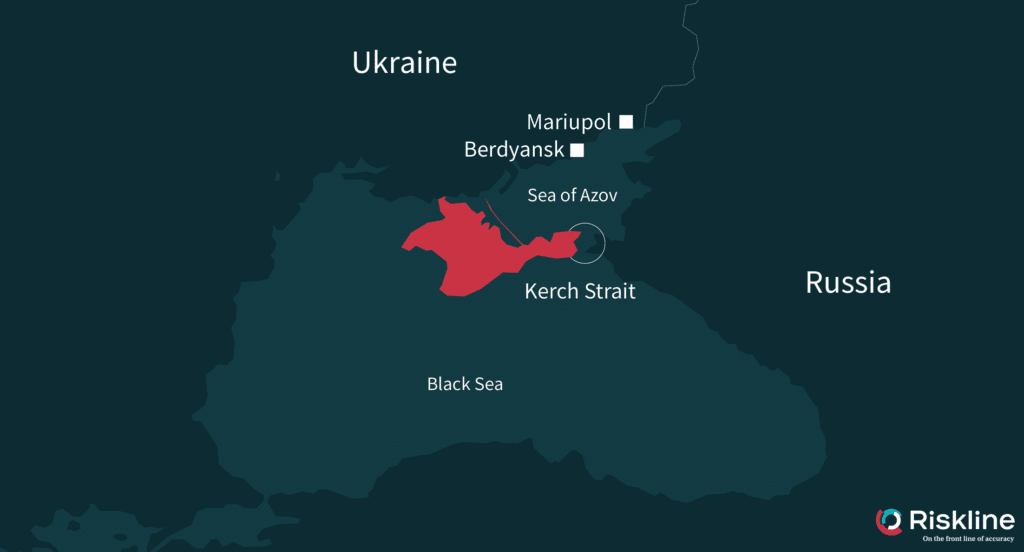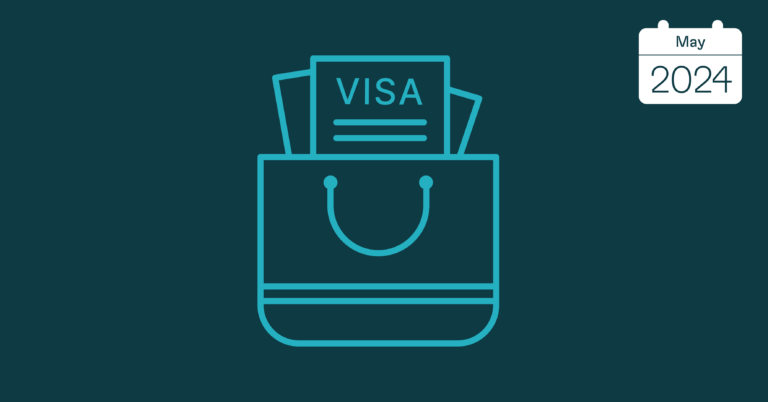On 25 November, Russian forces fired on and seized three Ukrainian navy vessels near the Kerch Strait, a body of water off the Russian-occupied Crimean Peninsula connecting the Sea of Azov to the Black Sea. Moscow has refused to free the ships and arrested the 24 Ukrainian sailors on board. In yet another defiance of international criticism, Moscow claimed that Ukrainian naval vessels illegally entered Russian waters without prior warning, backing its claim with a video of the captured sailors confessing to the alleged incursion.
Kiev has limited means to respond. Despite a 2003 treaty that stipulates that the strait is shared water between Russia and Ukraine, the Crimean Peninsula has been under Russian occupation since 2014. Kiev also lacks support from the international community. Following what Ukrainian President Petro Poroshenko called was “a new phase” in Russian aggression, international reaction to Russia’s show of power has been lukewarm. No Western leader has called for new economic sanctions against Russia or any other action stronger than statements of condemnation. Having imposed sanctions against Russia for over four years, most European Union (EU) member states are wary of bearing any further domestic economic burdens by further cutting trade with Russia. After Poroshenko requested that NATO send ships to the Sea of Azov, NATO responded that it had no such plans. Meanwhile, Germany ruled out military aid for Ukraine, and pro-Russian government members in Hungary, the Czech Republic and Italy are already looking for a chance to buck the sanctions. This leaves Ukraine to contend with its troubles by itself; beyond the humiliation of the incident, the blockade of the waterway to maritime traffic is economically squeezing the key ports of Mariupol and Berdyansk, where there is growing fear of follow-on military action by pro-Russian separatists, or even direct Russian intervention out of Crimea.
Lack of international support leaves President Poroshenko with few options, other than a strong domestic response to rally around the flag. To boost his single-digit approval ratings in time for the March 2019 presidential election, Poroshenko needs to show that he is capable of countering Russian aggression. After a contentious parliamentary debate, martial law was enacted in 10 regions bordering Russia, as well as the unrecognised pro-Russian territory of Transnistria, until 26 December. While incorporating an entry ban on male Russian nationals ages 16 to 60 and other measures, the declaration fell far short of more open-ended approach President Poroshenko sought due to fierce opposition from legislators.
A look at Russia’s previous military actions in Ukraine show that Ukraine is unlikely to regain passage through the Kerch Strait. In 2014, Russia deployed forces to occupy the Crimean Peninsula and unofficially backed pro-Russian forces in an ongoing war in the eastern Donetsk and Luhansk oblasts. With Russia yet to cede any of these territories, passage through the Kerch Strait is likely to remain under Russian control.
However, an escalation into an outright war remains unlikely. Four years after Russia’s invasion, Crimea remains under de facto Russian control with no major clashes and Moscow refuses to admit its role in the conflict in eastern Ukraine. On the other hand, NATO is unlikely to respond militarily unless the confrontation spills over to the Black Sea that borders several member states. President Poroshenko himself is also unlikely to seek escalation with just months left until the March 2019 presidential election, where he faces a steep challenge. Already unpopular, he is unlikely to take a risk that could further Ukraine’s losses. The confrontation near the Kerch Strait was a Russian show of strength highlighting Ukraine’s vulnerability. Even if Moscow ultimately allows Ukrainian vessels to pass through the Kerch Strait again, Moscow has asserted its control over Kerch Strait and shown that the Western countries that President Poroshenko claims as allies are unreliable in countering its aggression.















